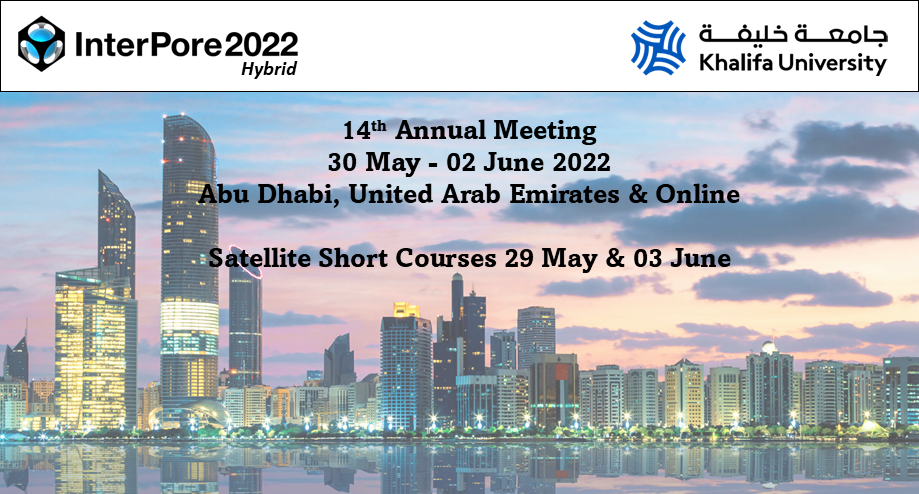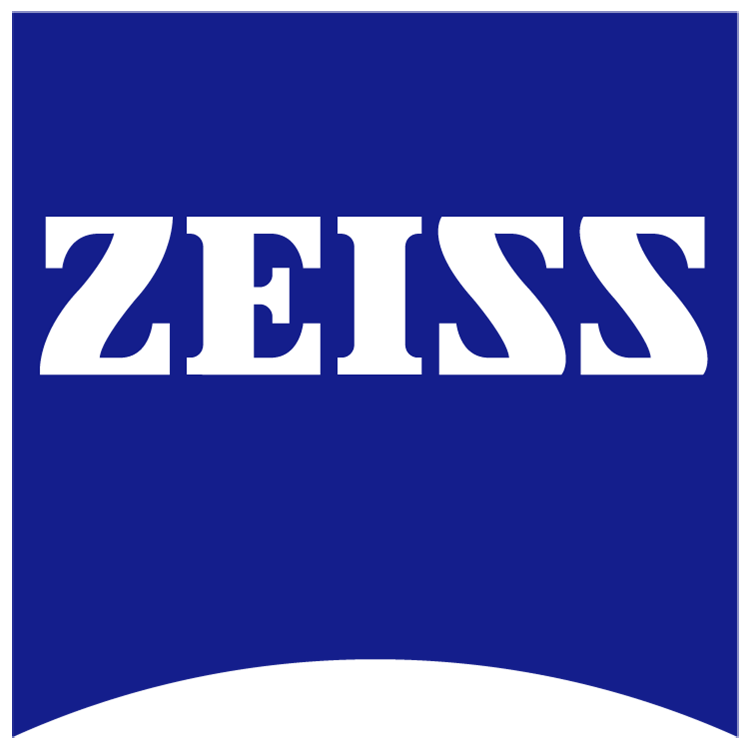Speaker
Description
We use subsurface characterization to describe porous media properties, such as permeability and porosity. One of the main challenges in the characterization is that we need to deal with a large dimension of the stochastic space. It is a common practice to apply a dimensional reduction method, such as a Karhunen-Loeve (KL) expansion, to the prior distribution in a Bayesian framework to make the characterization computationally tractable. Owing to the large variability of the properties in the subsurface formations, it is worth localizing the sampling strategy. This strategy permits us to capture the local variability of rock properties more accurately. In this talk, we mainly introduce the concept of multiscale sampling to localize the search in the stochastic space. In the Bayesian framework, we combine the new multiscale algorithm with a preconditioned Markov Chain Monte Carlo (MCMC) algorithm. The new sampling algorithm decomposes the stochastic space in orthogonal complement subspaces, through a one-to-one mapping to a non-overlapping domain decomposition of the permeability field. A Gibbs sampler is used for the localized search. In that search, the KL expansion is applied locally at the subdomain level. The proposed sampling algorithm is applied for the solution of an inverse elliptic problem. Using PSRF and MPSRF convergence diagnostics, we show that the new algorithm clearly improves the convergence rate of the preconditioned MCMC algorithm.
| Participation | Online |
|---|---|
| Country | United States |
| MDPI Energies Student Poster Award | No, do not submit my presenation for the student posters award. |
| Time Block Preference | Time Block C (18:00-21:00 CET) |
| Acceptance of the Terms & Conditions | Click here to agree |









